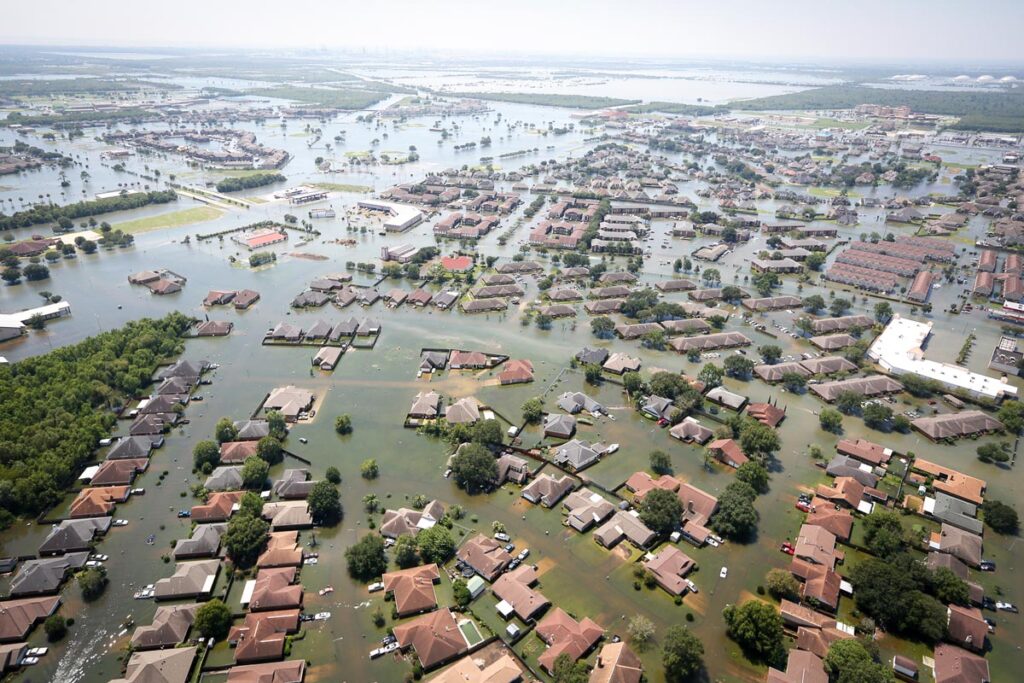
Mayfield Kentucky after the December 2021 tornado outbreak. Image: State Farm Insurance, Wiki Commons Winter Tornadoes Increase 5-Fold because of Climate Change Winter tornadoes have increase 500 percent since 1953 with most of the increase likely being recent. This study looked at 4293 tornadoes reported between 1953 and 2015. Not only did it find tornadoes…


